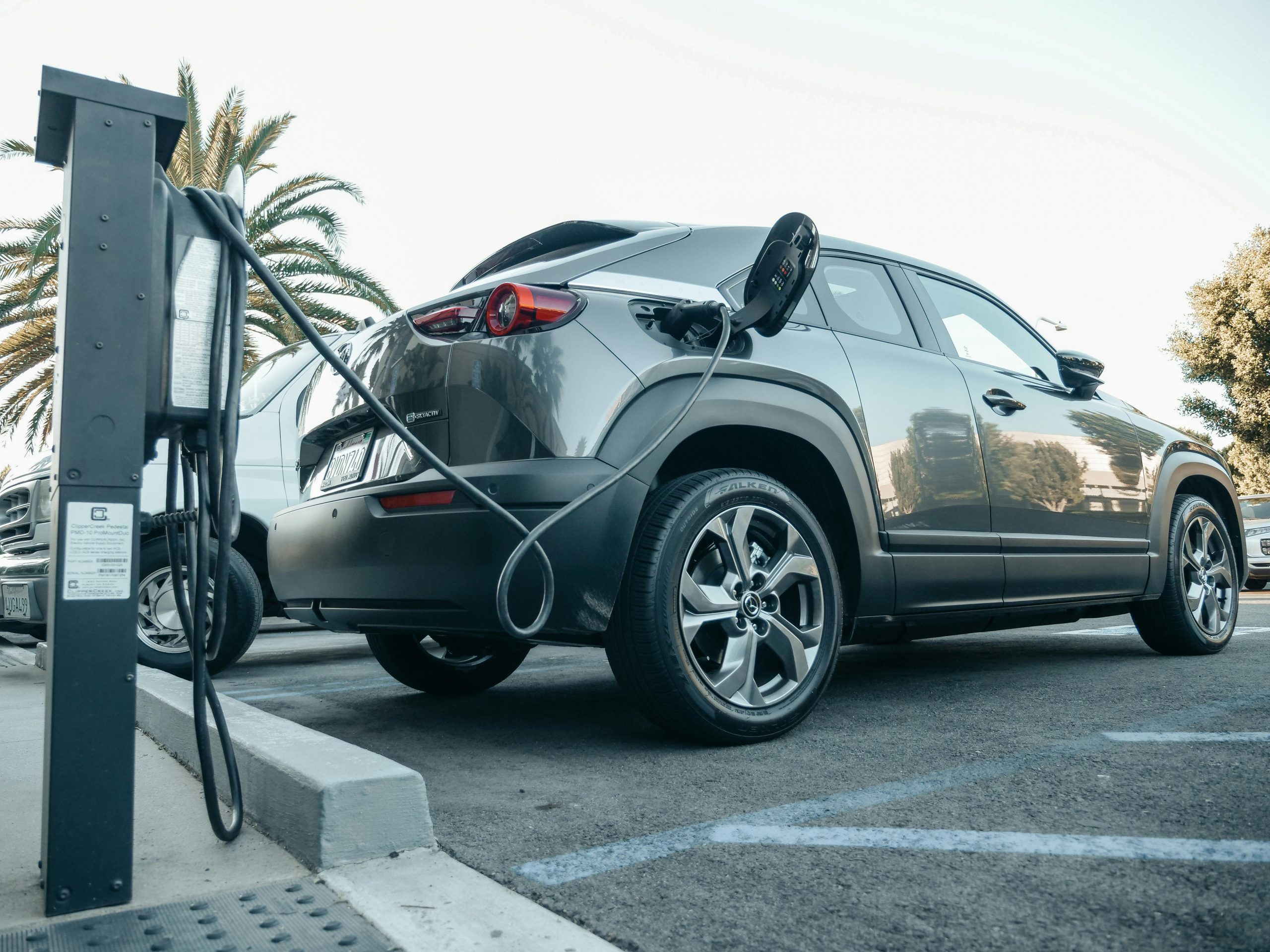As the world transitions toward cleaner energy and sustainable transportation, electric vehicles (EVs) are quickly becoming a popular choice among drivers. EVs not only help reduce carbon emissions but also offer long-term cost savings on fuel and maintenance. However, insuring an electric vehicle differs in many ways from insuring a traditional gas-powered car. From higher repair costs to specialized coverage options, EV insurance requires careful consideration.
In this guide, we’ll explore what electric vehicle owners need to know about auto insurance in 2024, including factors affecting premiums, available discounts, and tips for finding the best coverage.
Why Insuring an Electric Vehicle Is Different
EVs come with unique features and components that impact how insurance providers calculate premiums. Here are some key differences:
1. Higher Repair Costs
- Electric vehicles often require specialized parts, such as battery packs, which can be expensive to repair or replace.
- Repairs may also require trained technicians, further increasing costs.
2. Advanced Technology
- Many EVs come equipped with cutting-edge safety features, like adaptive cruise control and automatic emergency braking, which can reduce accident risk.
- However, repairing these high-tech systems can be costly.
3. Limited Repair Networks
- Not all auto repair shops can service EVs, which may lead to higher costs and longer wait times for repairs.
4. Higher Vehicle Value
- EVs generally have a higher upfront cost than traditional vehicles, which can lead to increased premiums.
Factors That Affect EV Insurance Premiums
Just like traditional vehicles, EV insurance premiums are influenced by several factors:
1. Vehicle Value
- High-end EVs like Teslas or luxury electric SUVs will have higher insurance premiums compared to more affordable EV models.
2. Safety Features
- Advanced safety technologies can lower premiums by reducing the likelihood of accidents.
3. Driving Habits
- Insurance providers consider your driving history, annual mileage, and location when determining premiums.
4. Battery Costs
- The cost of repairing or replacing a battery pack plays a significant role in calculating EV insurance rates.
5. Charging Station Liability
- If you install a home charging station, you may need additional liability coverage in case of electrical accidents.
Discounts for EV Owners
Many insurance providers offer discounts to incentivize eco-friendly choices. Here are some ways EV owners can save on premiums:
1. Green Vehicle Discounts
- Some insurers provide discounts for driving electric or hybrid vehicles as part of their eco-friendly initiatives.
2. Safety Feature Discounts
- EVs equipped with advanced driver-assistance systems (ADAS) often qualify for lower premiums.
3. Low Mileage Discounts
- EV owners tend to drive fewer miles due to range limitations, which may qualify them for low-mileage discounts.
4. Bundling Policies
- Combine your auto insurance with other policies, like home or renters insurance, to get multi-policy discounts.
5. Pay-Per-Mile Programs
- Usage-based insurance programs allow EV drivers who don’t travel long distances to save money by paying based on mileage.
Best Insurance Providers for EV Owners in 2024
When it comes to insuring electric vehicles, not all providers are created equal. Here are some of the top insurers offering EV-friendly policies:
1. Progressive
- Offers green vehicle discounts for EVs and hybrids.
- Comprehensive coverage options for advanced safety features.
2. State Farm
- Known for competitive rates and excellent customer service.
- Offers multi-policy discounts for bundling home and auto insurance.
3. GEICO
- Provides affordable premiums for EVs with customizable coverage options.
- Discounts available for good drivers and safety features.
4. Allstate
- Offers specialized coverage for high-value vehicles, including EVs.
- Provides usage-based insurance programs to help EV owners save.
5. Liberty Mutual
- Includes eco-friendly vehicle discounts.
- Flexible policies tailored to EV-specific needs.
Tips for Finding the Best EV Insurance
Shopping for EV insurance requires careful research. Follow these tips to find the best coverage:
1. Compare Quotes
- Use online comparison tools to gather quotes from multiple insurers. Ensure the policies offer similar coverage levels for accurate comparisons.
2. Ask About EV-Specific Discounts
- Don’t hesitate to inquire about discounts for electric or hybrid vehicles.
3. Consider Replacement Cost Coverage
- Look for policies that offer replacement cost coverage for EV batteries, as they are one of the most expensive components.
4. Verify Charging Station Coverage
- If you have a home charging station, check if your policy includes coverage for repairs or liability.
5. Opt for Higher Deductibles
- Choosing a higher deductible can lower your premiums, but make sure you can afford the out-of-pocket costs in case of a claim.
6. Work With an EV Specialist
- Some insurers have agents who specialize in electric vehicles and can guide you toward the best coverage options.
FAQs About EV Insurance
1. Is EV insurance more expensive than traditional car insurance?
Yes, EV insurance is generally more expensive due to higher vehicle values and repair costs. However, discounts and incentives can help offset these costs.
2. Does insurance cover EV battery replacement?
Many comprehensive policies include coverage for battery replacement after an accident, but not for normal wear and tear.
3. Are home charging stations covered under auto insurance?
Home charging stations are typically not covered under auto insurance but may be included in homeowners or renters insurance policies.
4. Can I get usage-based insurance for an EV?
Yes, many insurers offer pay-per-mile or usage-based insurance programs that are ideal for low-mileage EV drivers.
5. Do EVs have lower liability costs?
EVs often have lower liability costs due to advanced safety features, which reduce the likelihood of accidents.
Final Thoughts
As electric vehicles continue to grow in popularity, understanding how to insure them effectively is crucial. While EV insurance may come with higher premiums, the right policy can provide comprehensive coverage tailored to your needs. By exploring discounts, comparing providers, and considering EV-specific coverage options, you can protect your investment and enjoy the benefits of sustainable driving.




Leave a Reply